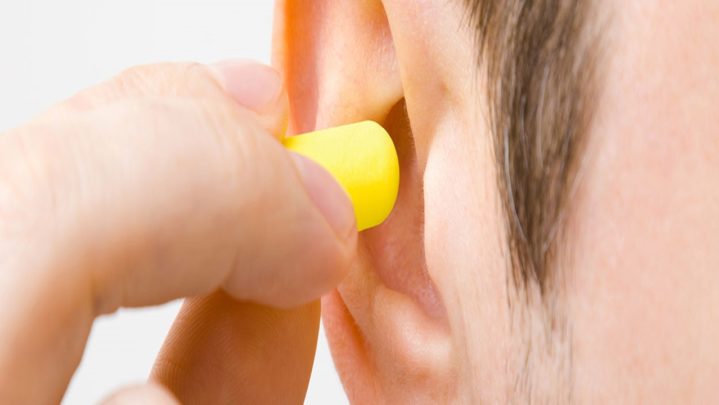Ears are one of the sensory organs. They help you hear things around you. We must take proper care of our sensory organs as it provides us with ways to sense the surroundings. Taking good care of our organs is necessary and should be made a habit of daily life. In today’s world where noise pollution is at its pick level, you must always find ways to take care of your ears. Having healthy eating aid is essential in life and you must never neglect taking care of it. Once the hearing aid is damaged there’s going to be a difficult time that you are going to face in life. There are diagnoses available for the same but they aren’t always the solution. And why wait for such a scenario? Why not take care of it instead?
So here are few tips you can follow in day to day life to ensure your ears are protected from heavy noises and that you have healthy ears: –
- Use earplugs around heavy noises
Mostly heavy and loud noises lead to noise-induced hearing loss. Being around loud noises on a daily basis like factories, concerts or any such places will adversely affect your hearing aid. So try to use earplugs or something to cover your ears so that the effect of the loud voice is comparatively controlled.
- Give your ears a proper daily cleanup
Commonly you can use cotton swabs for cleaning the wax out of the ear canal, for normal wax. Like you just use the cotton swab insert it and try to clean the inner surfaces. But ears are self-cleaning and you do not necessarily need clean-ups, only if you feel the need or its a severe condition then use cotton swabs or ear drops to clear it out.
- Keep your ears dry
Excess moisture content can allow bacteria to enter and can attack the eardrums and other parts as well. Swimmers usually face ear affections due to more contact with water. Be sure you try to keep them as dry as possible and if in case you come in contact with water and if you feel the water in the ear, try to tilt your head and remove the water out of your ears.
- Take proper medications if required
Try to have a proper medication as directed by the ear doctor. Discuss it with them and have a confirmed approval from them. Try to make sure you are not compromising with the health of the ears
- Manage your stress levels
Stress and anxiety are linked to both temporary and permanent a phantom ringing ear illness called tinnitus. High levels of stress cause your body to go into fight or flight mode. This condition is an instinctual reaction that fills your body with adrenaline to help you either fight or flee from danger. It’s commonly thought that this pressure and stress can travel up into your inner ear and contribute to tinnitus symptoms.





